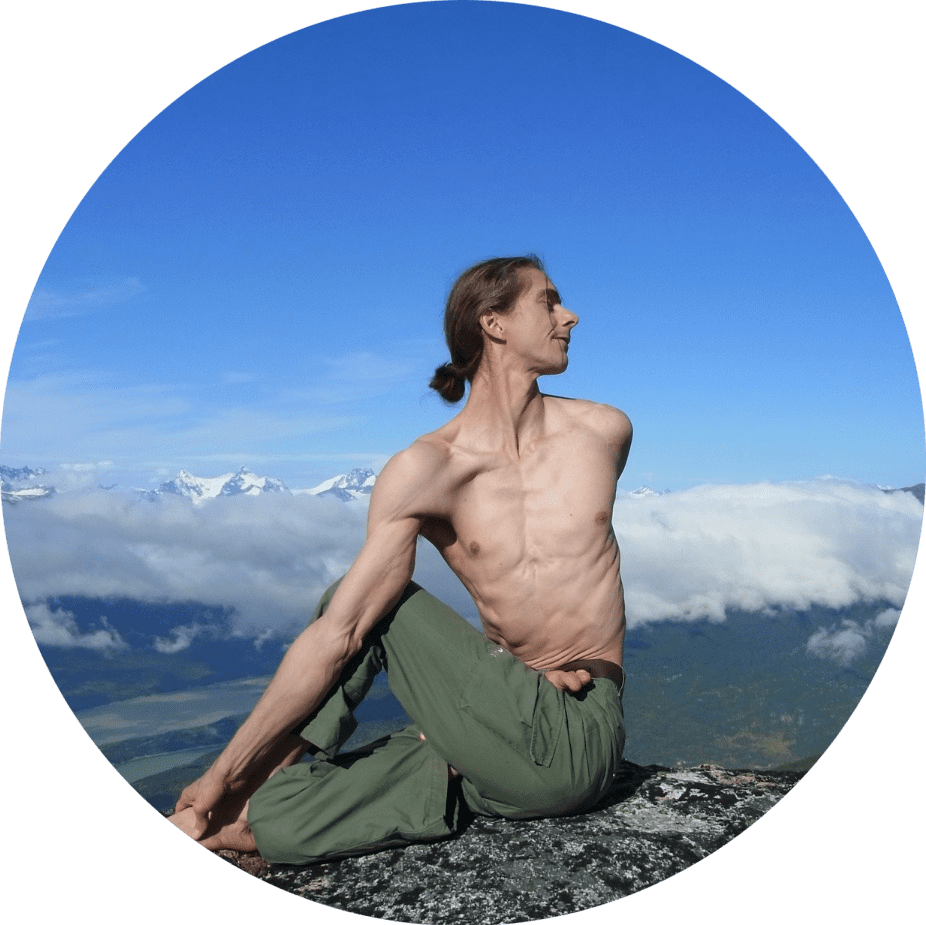
My present yoga teaching mirrors my practice of the traditional Ashtanga method. I teach the Mysore style method, because my own experience is that this is what really works. Long term Mysore style practice is the only way to truly experience the unfolding of this method in the body, mind and nervous system in a sustainable and fully integrated way. I do also enjoy verbally teaching the subtleties of the practice in guided classes and workshops and I do offer these types of classes and courses which are intended to supplement a long term Mysore style practice.
My approach is one that emphasizes alignment, meditative focus and self-exploration via the Ashtanga sequences. Because the Ashtanga system is so powerful, I tend to move students through it slowly and in a stable way. I teach a very grounded practice which can be fully integrated into one’s being and life in a sustainable way. For me, yoga is about using the body and breath as a tool to access and transform deeper layers of the self. This can only be done when one truly engages deeply and fully with each posture and movement.
I am also a long-term meditator in the Vipassana technique. I have sat over 20 meditation retreats and annually sit a longer retreat of 30-60 days. Although I don’t give formal meditation instruction in my yoga courses, the deeper process of penetration into the nature of reality via self-observation encompasses everything I do in life, including the practice and teaching of yoga asana and breathing. For me, yoga is just another tool in this process. Yoga is about truly and honestly encountering oneself with the intention of self-understanding and self-evolution.
WHAT IS ASHTANGA YOGA?
The Sanskrit term Ashtanga means eight (ashto) limbs (anga) and is claimed to have been codified by the ancient sage Patanjali around 2,500 years ago in the classic text, The Yoga Sutras. Here, Patanjali outlined the eight limbs of yogic practice: Yama (ethical principles), Niyama (spiritual attitudes), Asana (postures), Pranayama (breath expansion and harnessing), Pratyahara (inward gazing), Dharana (concentration), Dhyana (meditation) and Samadhi (meditative absorption). Each of these practices, when used as tools to encounter and develop relationship with one’s own accumulated patterns of reactive habits, can be a great aid on the path to inner freedom.
